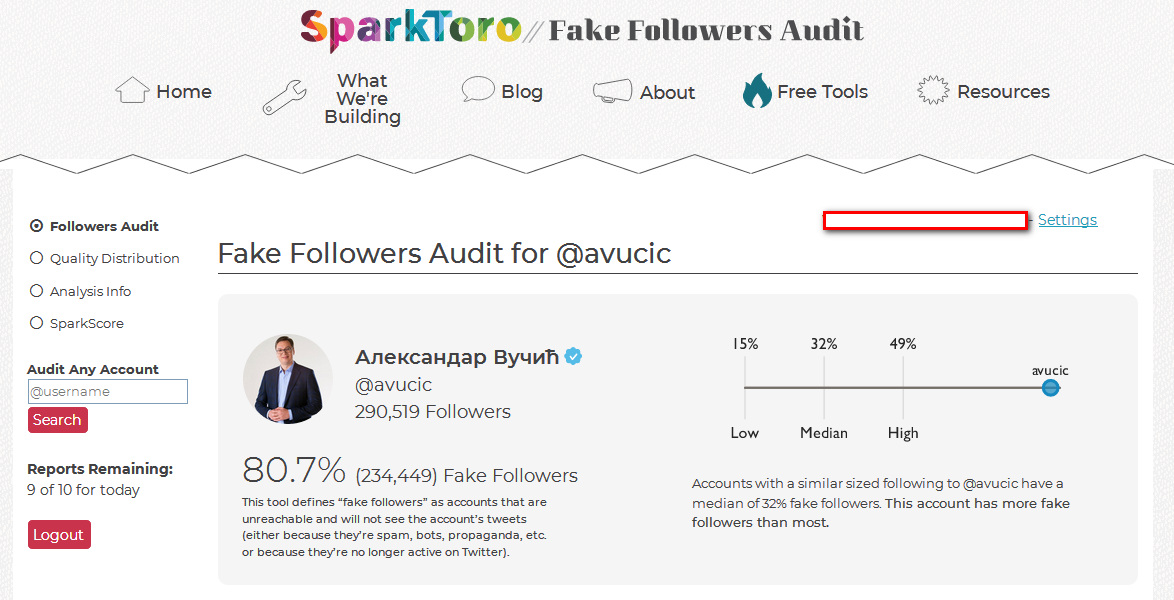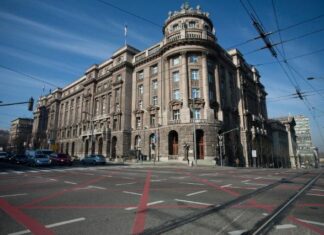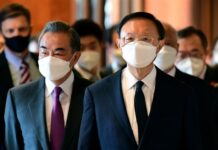Digital Diplomacy: An Algorithmic Approach Towards Geopolitics
The world politics is enforced by ample number of complex and unpredictable actors which always demand the innovative methods from the diplomats. Artificial Intelligence...
Digital diplomacy is your friend … as long as you remember that friendship is...
First of all, I hope that you are all well, that these strange, sometimes even scary times marked by COVID-19 have not been too...
Serbian Diplomacy Day
we mark the Serbian Diplomacy Day & wish all our colleagues around the globe success! Keep making us proud!
#OTD we mark the Serbian...
The art of deception: How Israel uses ‘hasbara’ to whitewash its crimes
The Israelis have long relied on a public diplomacy strategy to dominate the arena of narrative control and information manipulation.
As Israel conducts its latest...
‘Credentials’ to Her Majesty remotely presented
Credentials are the formal documents signed by their Head of State, confirming that have been chosen for their new role as Ambassador. pic.twitter.com/xWLlTrrW2W— The...
Why China’s ‘Wolf Warriors’ Won’t Back Down
China’s “wolf warrior” diplomacy may have backfired in Australia, Canada and most recently France, but in a sign of its hardening attitude toward the...
[WebDebate #46 summary] Unpacking the EU’s digital diplomacy and foreign policy
Foreign policies have for many years served as countries’ compass in their relations with each other. With the fast digitalisation of most sectors of...
The Gorchakov Fund will host an expert discussion about the digital diplomacy phenomenon
The Gorchakov Fund will host expert meeting “Digital diplomacy: Can new technologies completely transform world politics?” Tuesday, April 13 at 4:00-6:00 pm Moscow time
New...
How to Prepare for Life After a Career in Diplomacy
ARGUMENT
How to Prepare for Life After a Career in Diplomacy
We diplomats often identify with our job, and when we leave, we find ourselves confronting an identity crisis — or even loss of identity.
By AMBASSADOR CHARLES RAY | NOVEMBER 29, 2020
As ambassador to Zimbabwe, Charles Ray met with grandmothers running community projects to help pay for their grandchildren’s education in 2012. Photo by U.S. Embassy Harare.
An assistant public affairs officer in the United States Army moonlighting as an arts and theater critic for a local newspaper may be a peculiarity, but with proper authorization, I managed to pull it off back in the 1970s, when I was stationed at Fort Bragg, N.C. I also wrote for a state historical society’s publication. One of my crusty old editors advised me to establish a practice of writing at least 1,000 words every day to improve my skills.
That habit, which continues to this day, proved essential to a fulfilling post-retirement life decades later. After 20 years..
The Training Disconnect: How to Prepare Diplomats for the Digital Age
The adoption of digital technologies by diplomats has had a profound impact on the working routines of ministries of foreign affairs (MFAs). Specifically, digital technologies have had a temporal and spatial effect on diplomacy. The speed with which news travels online has reduced the response time of diplomats. Those wishing to comment on world events must practice a form of real-time diplomacy in which they narrate events as they unfold on the ground. Similarly, diplomatic reporting to headquarters must now take place in near-real time as digitalization accelerates the evolution of political events. As Philip Seib has argued, the all-powerful Hosni Mubarak was ousted in just three weeks while the colour revolutions in Ukraine lasted less than a month. Digital diplomacy is thus also speed diplomacy.
From a spatial perspective, the ease with which information traverses national borders has blurred the distinction between the domestic and the foreign. Diplomatic messages aimed at forei..










![[WebDebate #46 summary] Unpacking the EU’s digital diplomacy and foreign policy](https://www.bidd.org.rs/wp-content/uploads/2021/04/eu-digital-diplomacy-218x150.jpg)


